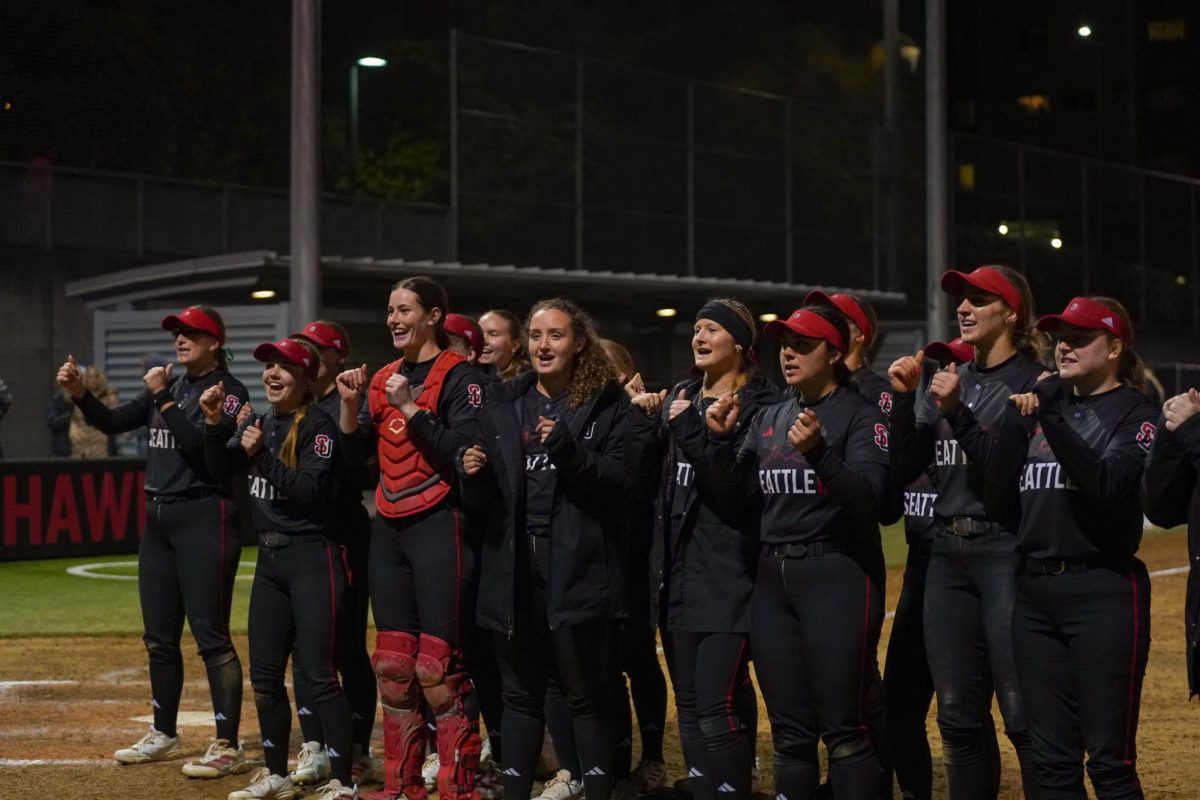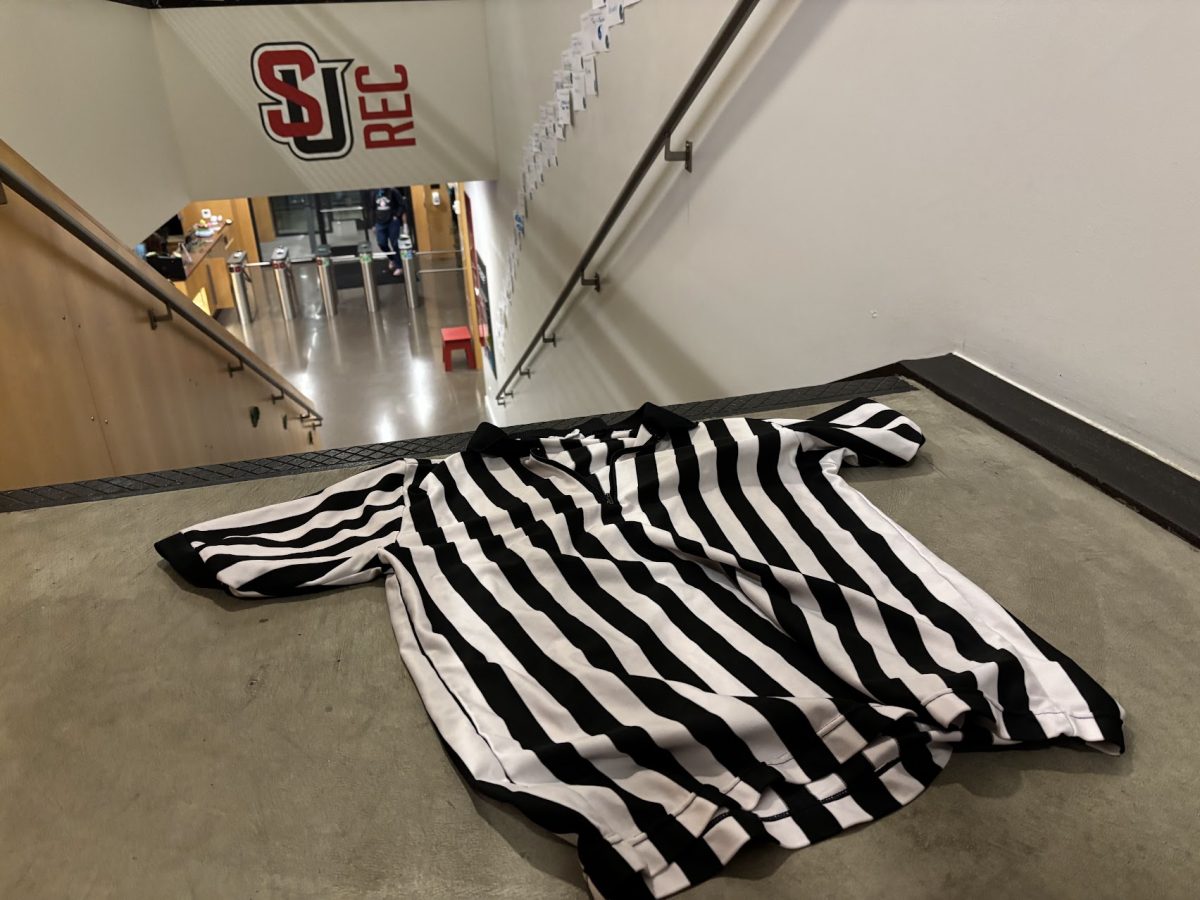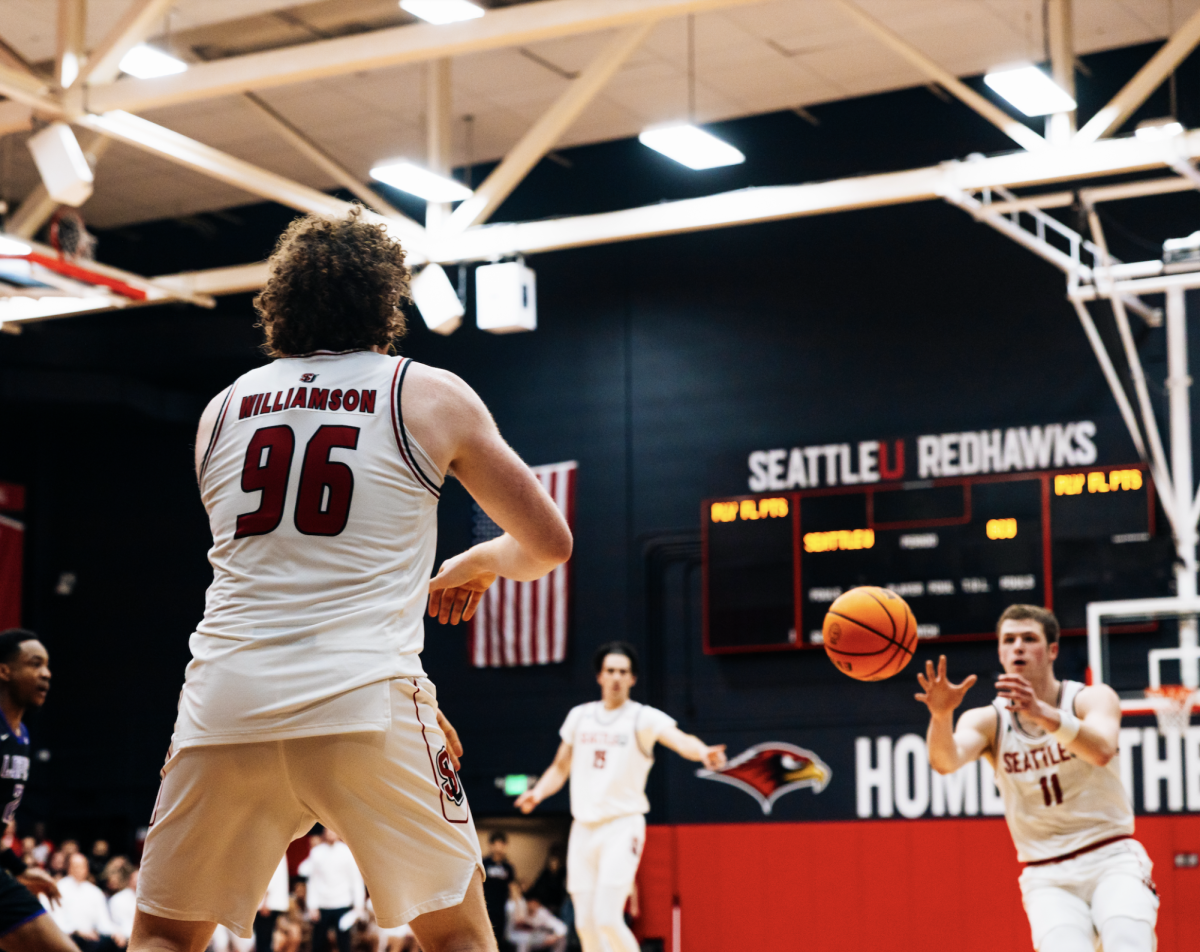In September of 2016, former quarterback for the San Francisco 49ers, Colin Kaepernick, first sat out of the United States National Anthem. Since then, in the months of his free agency, he has not been signed. Declining performance level has been cited, but others speculate it is politically motivated.
Three weeks into this season, there were around 10 NFL players protesting during the National Anthem, all black players symbolizing their defiance through taking a knee. Now that number has risen to well over 200, and includes entire teams sitting out the anthem in the locker rooms. As of Sept. 26, 2017, Seattle’s own NFL team, the Seahawks, were the first to do so.
Police brutality and violent inequality spurred against African Americans catalyzed the protests in addition to recent events such as those in Charlottesville, Va.
Known for outspoken activism, philanthropy and sometimes controversial political views, Kaepernick’s actions have regained traction, creating a movement that includes a larger and diverse group of voices that give legitimacy and justice to his initial act.
“People are dying in vain because this country isn’t holding their end of the bargain up, as far as giving freedom and justice, liberty to everybody,” Kaepernick said.
Attention has shifted back to the NFL protests of the National Anthem after attacks on the organization by President Donald Trump at a rally in Huntsville, Ala. on Friday, Sept. 22, when the president said, “Wouldn’t you love to see one of these NFL owners, when somebody disrespects our flag, to say, ‘Get that son of a bitch off the field right now. Out! He’s fired. He’s fired!’” The crowd roared in applause and cheers.
It was said with “passion and urgency,” with similar rhetoric being repeated via the president’s Twitter, and it has caused uproar around the nation.
“He had more passion and conviction for those remarks [of the NFL protests] than he did…to some extent, [for] white nationalist and neo-Nazis,” NBC Sports Broadcaster Bob Costa said. “He clearly had more fervor for this than for that.”
Calling African American pro-athletes “sons of bitches” has lead certain analyzers to believe that there is racial subtext to the president’s remarks. According to Huffington post, African American males make up only six percent of the United States population, but comprise nearly seventy percent of the players in the NFL.
“Donald Trump resents Colin Kaepernick… white supremacy resents free black bodies, free black people. The fact that they cannot control these people—what they say, what they do, what they believe, whether they sit, whether they kneel, whether they stand—it eats him alive and it is something that he cannot control,” CNN contributor and Temple University professor Marc Lamont Hill said.
Professional athletes continue to be at the intersection of politics and entertainment, race and class—when watching this week’s football, be sure to tune in to watch the National Anthem.
Author may be reached at
jlewis@su-spectator.com













![All My Favorite Soccer Players Are Retired [OPINION]](https://seattlespectator.com/wp-content/uploads/2025/03/Screenshot-2025-03-05-at-20.37.13-1200x783.png)